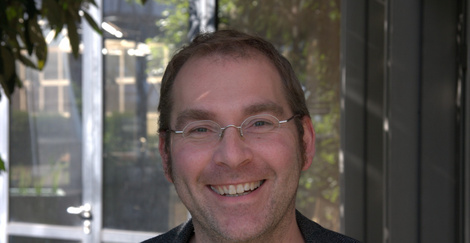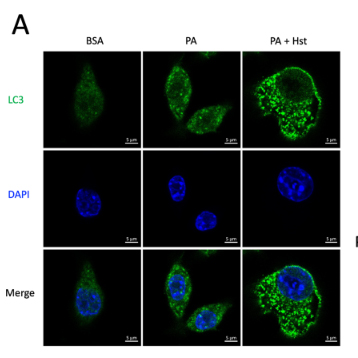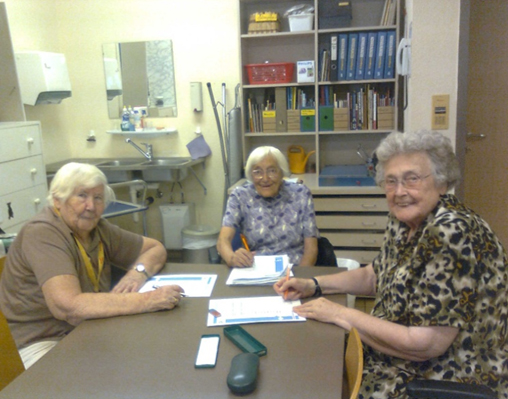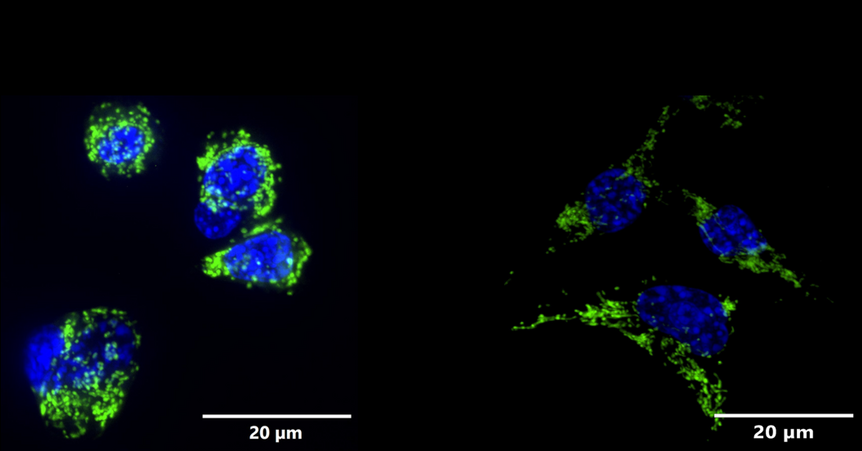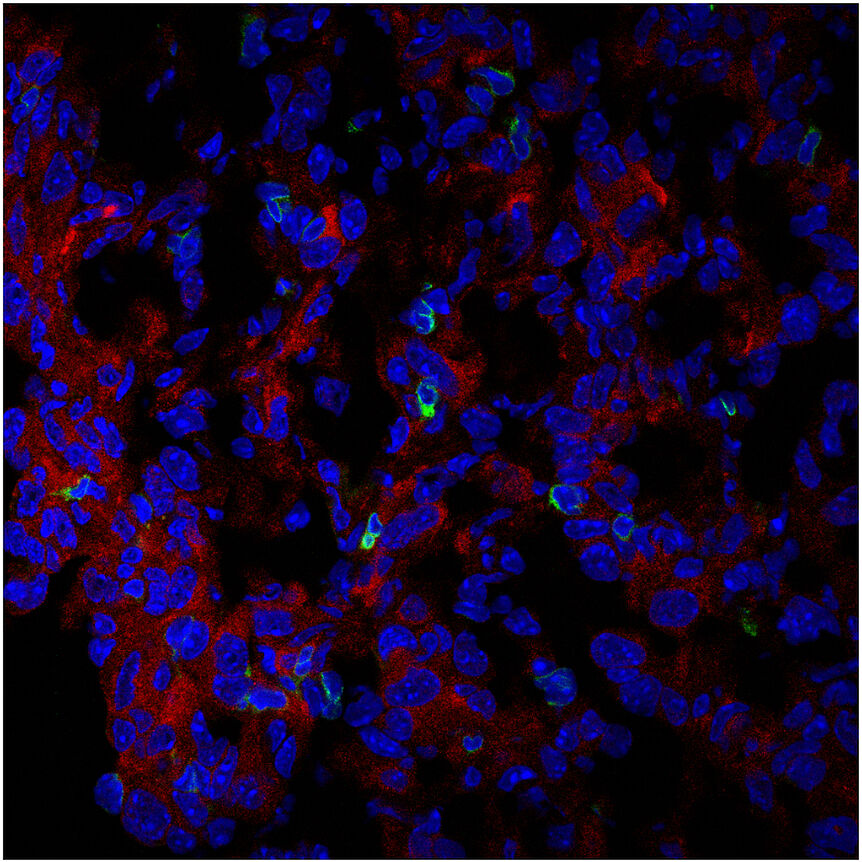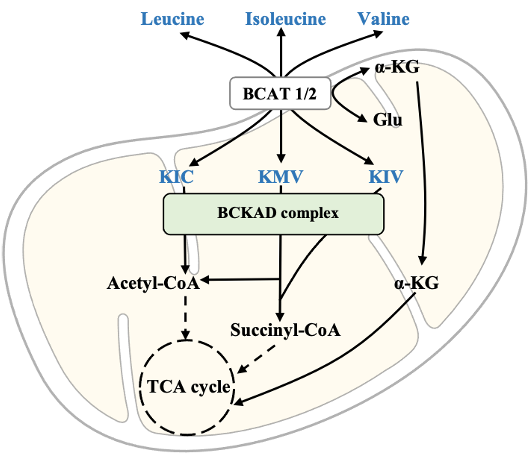VIME mission
Metabolomics, the unbiased profiling of all small molecules in biological samples, has developed into a core technology for functional genomics, biobased economy and personalized medicine in the last decade. Recently, ecological metabolomics has emerged in ecosystem research and metagenomic studies. The quality of state-of-the-art metabolomics technology depends on the quality of the preparation workflows, the quality of metabolite libraries and workflows for structural elucidation of novel structures.
Because of the diversity of the metabolomes from organisms in functional and biomedical studies as well as the complexity of exo-metabolomes in environmental samples from marine, fresh water and terrestrial ecosystems an interdisciplinary approach is necessary to tackle this problem. Internationally recognized labs at the University of Vienna distributed over three faculties for Chemistry, Geosciences and Life Sciences consolidate their specific and complementary metabolomics platforms and application fields to build a Vienna Metabolomics Center.









